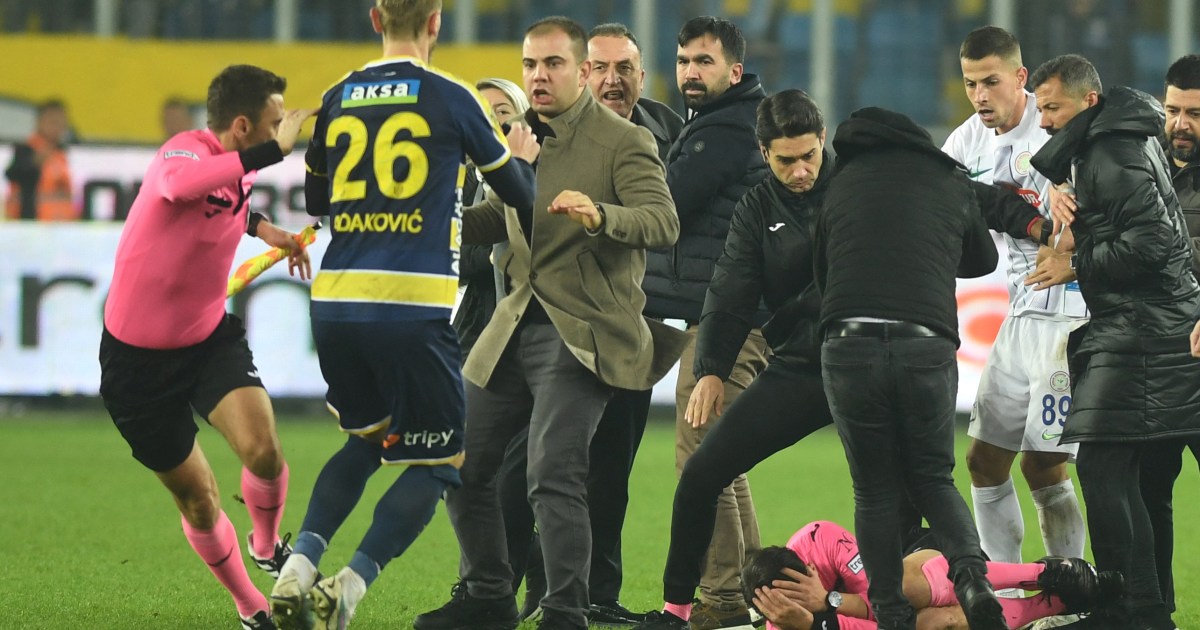EU praises Turkey’s military reforms
The decisions by parliament are part of Turkey’s strategy to convince all the EU’s 15 members and 10 new member states it will be ready to start accession talks at the end of next year. Although a candidate member since 1999, the EU has insisted it would not open talks until Turkey met the "Copenhagen criteria", a set of conditions any country must meet before launching negotiations.
These include political reform, particularly the exclusion of the military from interfering in political decisions, the introduction of a market economy and human rights, especially respect for minorities.
Turkish parliamentary deputies last night curbed the powers of the army in a package of reforms, which also included easing restrictions on the right to demonstrate, aimed at meeting the Copenhagen criteria. The military-dominated National Security Council, which enjoys executive powers, will be transformed into a purely advisory body. In future a civilian will serve as the council’s secretary-general, scrapping the long-held stipulation that it be held by a four-star general.
All military expenditure will also be subject to parliamentary scrutiny, ending a system in which the armed forces could set its military expenditure, estimated to be about 5 per cent of gross domestic product.
The US influenced the decision to offer an amnesty to the PKK, outlawed by Turkey for carrying out terrorist acts aimed at gaining more autonomy, if not a separate Kurdish state, from Ankara.
Anxious to rid Iraq of any terrorist groups, Washington said it would capture or expel any PKK members remaining in Iraq. It is estimated that around 5,000 PKK members had been seeking refuge in northern Iraq after waging a 16-year battle against the Turkish authorities.
The amnesty will apply to PKK members who were previously sentenced to death and who will now serve jail sentences of 12 years. Those sentenced to life imprisonment will have their terms commuted to nine years. And individuals accused of aiding or abetting terror organisations without taking part in violent acts will be set free.
The amnesty, however, is not a blanket one. Hundreds of PKK commanders have been excluded from it and may be given sanctuary in western Europe, while up to 2,000 may choose to start a new life in the Kurish-dominated part of northern Iraq.
Another 11,000 Turkish Kurdish civilians caught in the PKK’s separatist war will be allowed to return home. For years they had lived in camps in Iraq run by the United Nations High Commissioner for Refugees. Until the amnesty, they too had faced prosecution in Turkey since the camps had been infiltrated by the PKK.


